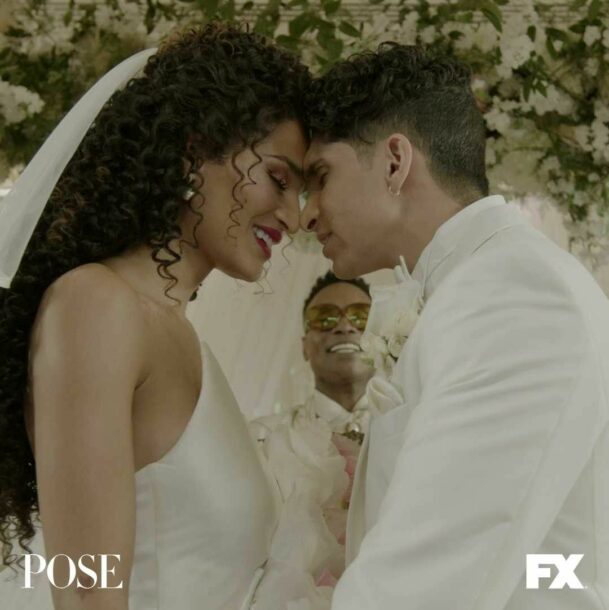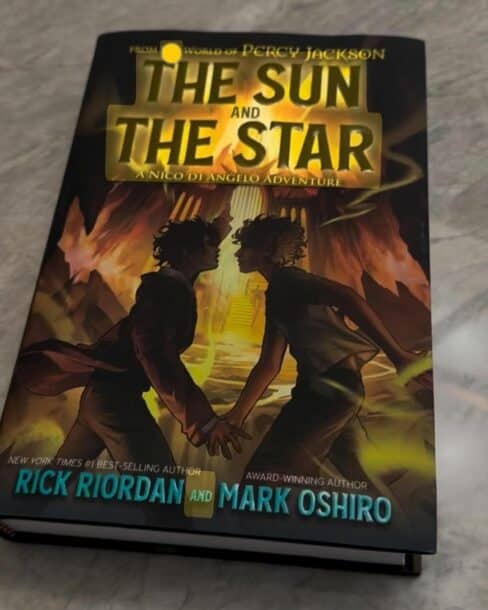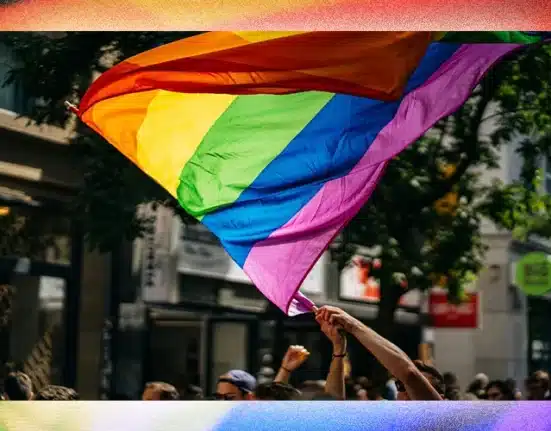WHILE it is imperative to depict the pain and struggles of the LGBTQIA+ community in media, it is equally necessary to portray the love and triumphs shared within and between queer people.
It does not only create a realistic representation of queerness, but it also conveys a message of hope that queer individuals get their happy endings, too. It fosters an inclusive space and a sanctuary for young and old members of the LGBTQIA+ community to become who they are and express their authentic selves.
Yet, in an attempt to capitalize off of the support and attention queer representations in media, some writers tend to produce misguided narratives of queerness, harming instead of empowering the community.
Fear not, here are five LGBTQIA+ ships in fiction adored by fans for their sincere and respectful portrayals:
Charlie Spring and Nick Nelson from ‘Heartstopper’

What first started as a hit webcomic series and graphic novel written and illustrated by British author Alice Oseman has become one of Netflix’s must-watch coming-of-age series.
During the release of its live-action adaptation on the streaming platform, “Heartstopper” has become a global phenomenon that captured the hearts of both members and allies of the LGBTQIA+ community, and it is all for the right reasons.
The on-screen chemistry between Charlie Spring (Joe Locke) and Nick Nelson (Kit Connor) is truly undeniable, but what left a lasting imprint among people is how the two’s story made gay men feel seen and represented.
Charlie and Nick’s awkward, cutesy teenage romance not only left fans wanting for more, but it made older gay people emotional as romantic scenes between the main characters reminded them of what they missed during their younger years due to discrimination and homophobia.
Cameron Tucker and Mitchell Pritchett from ‘Modern Family’

More than a hilarious sitcom, “Modern Family” is an American television series that narrates how families live in today’s society.
Among them are Cameron ‘Cam’ Tucker (Eric Allen Stonestreet) and Mitchell ‘Mitch’ Pritchett (Jesse Tyler Ferguson), who both play fathers to their adopted Vietnamese daughter, Lily Tucker-Pritchett (Aubrey Anderson-Emmons).
Throughout the show, Cam and Mitch depicted what it was like for them to raise Lily as a child and a teenager. Despite what most people think about families with same-sex parents, Cam and Mitch did a decent job of helping Lily to become a better version of herself, as seen later in the series.
Cam and Mitch’s relationship had its ups and downs, but none of these shied them away from expressing their love for one another. True enough, they are the best example of matching each other’s freak, and it shows in their mutual support and respect.
Angel Evangelista and Esteban ‘Lil Papi’ Evangelista from ‘Pose’

American drama television series “Pose” is arguably the best media representation of trans people.
The show did not only underscore the grim realities faced by queer individuals of African-American and Latin descent, but it also excellently explored the themes of love, identity, friendship, belongingness, and community in the context of queerness.
Although transwomen house mothers Elektra Abundance-Evangelista (Dominique Jackson) and Blanca Rodriguez-Evangelista (Michaela Jaé Rodriguez) were the main stars of the show, the relationship between Angel Vasquez-Evangelista (Indya Moore) and Esteban ‘Lil Papi’ Martinez-Evangelista (Angel Bismark Curiel) undeniably caught the attention of fans.
Likewise, fans fell in love with the way they both had each other’s backs. Not to mention, Papi never once faltered in consistently affirming Angel’s (trans)womanhood and in always making sure to constantly remind her of his love.
Papi and Angel’s relationship is a testament that genuine love also exists for transwomen. Fortunately for Angel, she found it in a man with nothing but pure and sincere love for her.
Princess Bubblegum and Marceline from ‘Adventure Time’
“Adventure Time” may simply be an American fantasy, animated television series for most people, but for sapphics, it contains one of the most realistic portrayals of love between two women.
Meet Princess Bubblegum, the living embodiment of the Candy Elemental and the ruler of the Candy Kingdom. Not only is she a kind, compassionate, and righteous leader, but she is also a stellar and innovative scientist.
On the other hand, Marceline the Vampire Queen is a 1000-year-old vampire who is fond of mischief and trickery. Using her family’s heirloom battle-ax, she created an electric bass for her to play music.
The ambiguity of Princess Bubblegum and Marceline’s relationship status lasted for several episodes and was only confirmed during the series finale, “Come Along With Me,” where they expressed their feelings for each other and sealed their confessions with a sweet kiss.
Nico di Angelo and Will Solace from ‘The Percy Jackson’ series

Although fantastical elements of Greek mythology, and later on Roman mythology, were the central focus of the “Percy Jackson” series, the subplot of romance has become one of the things that readers keep an eye out for.
Nico di Angelo is the son of the god of the underworld, Hades, while Will Solace’s father is the god of the Sun, Apollo. Though both of them were not the main characters in Rick Riordan’s book series, their budding romance occasionally took the spotlight.
After the death of his older sister Bianca di Angelo, Nico became aloof to people and was likely to hide away in the shadows. His mysterious personality is directly opposite to that of Will, who is a caring and approachable person.
The dynamics between the two half-bloods are closely similar to the “grumpy x sunshine” trope, which proves that opposites do attract.
Currently, the media representation of the LGBTQIA+ community has gone a long way from when it first began. However, this does not mean that such depictions should not be more progressive and inclusive.
Representation matters and is significant, particularly for young queer folks, to identify themselves with the characters they see on their screens or read in their books. Through this, they will grow to become empowered people who unapologetically live their truth despite society’s discrimination and humiliation.
With reports from Aaron Jon S. Bernardino
How useful was this post?
Click on a star to rate it!
Average rating 0 / 5. Vote count: 0
No votes so far! Be the first to rate this post.
We are sorry that this post was not useful for you!
Let us improve this post!
Tell us how we can improve this post?









